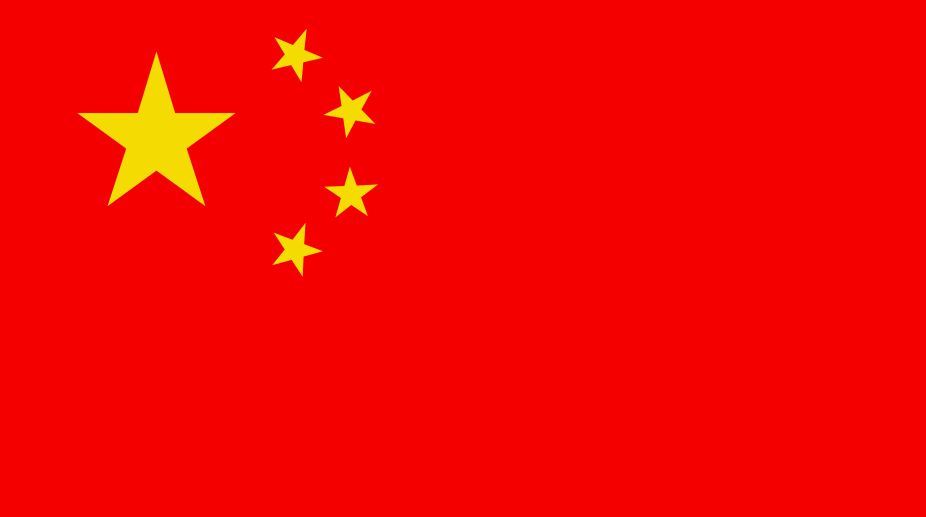Netflix CEO Ted Sarandos’ pay package dipped in 2023, but still it was $49.8 mn
Netflix co-CEO Ted Sarandos earned a bit less in 2023 than the year before -- but his pay package was still worth $49.8 million, reports 'Variety'.

PHOTO: Getty Images
A critical change — is ‘climbdown’ the right expression? — in the post-Obama America’s policy towards China and Taiwan has been somewhat overshadowed in the midst of the discord over the bar on entry of citizens of seven Muslim-majority countries.
President Trump has accepted the “One-China policy”, under which Washington does not challenge Beijing’s claim to what it deems to be a breakaway province — Taiwan.
This must rank as a stunning reversal of policy, one that erases indicators that Trump intends to pursue closer ties with Taiwan. The short point must be that given the forbidding challenges at home, the 45th President of the United States of America can scarcely afford to ruffle Beijing’s feathers. In terms of geostrategy, therefore, he has opted for continuity rather than any abrupt change that can have profound implications for the America-China-Taiwan axis.
Advertisement
On closer reflection, he has effected a U-turn on Taiwan, somewhat coincidentally with Friday’s setback in the appeals court on the immigration order. Indeed, his approach towards a welter of international issues has softened considerably since he assumed office, though it would be presumptuous to imagine that he may yet prefer conformity to impetuous change.
Well might President Xi Jinping claim that he has called Trump’s bluff, underlining the fact that the One-China principle is the bedrock of US-China equations and Washington must “uphold it and abide by it”. There is little doubt though that Chinese diplomatic pressure has paid off.
It bears recall that after Trump’s telephonic interaction with the Taiwan President — ahead of the inaugural — Beijing had insisted on the continuation of the existing US policy towards Taiwan as a precondition to discussing other issues, notably bilateral trade.
The mending of fences will help restore the status quo in geopolitics, the message being that while Trump can afford to ignore Taiwan, he cannot antagonise China. More accurately, the One-China policy ought not to have been jettisoned even before he stepped into the White House. In a sense, therefore, the acknowledgement of the tactlessness is a measure of forward movement towards restoring the diplomatic paradigm.
Small wonder there is speculation in the West over whether Trump is still picking up the ropes or whether he is a bully who backs off when he encounters resistance. He has been prevaricating in his views on Israel, most particularly the Jewish settlements.
He may also have taken a call on his dealings with NATO. Much as he is opposed to Iran's nuclear ambition, he appears to have heeded the British Prime Minister's caveat that he cannot simply tear up the 2015 nuclear deal, as he had vowed to do. Pragmatism will hopefully dictate his policy towards immigrants as well.
Advertisement